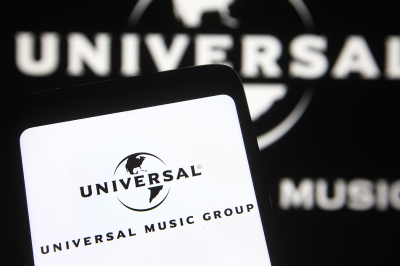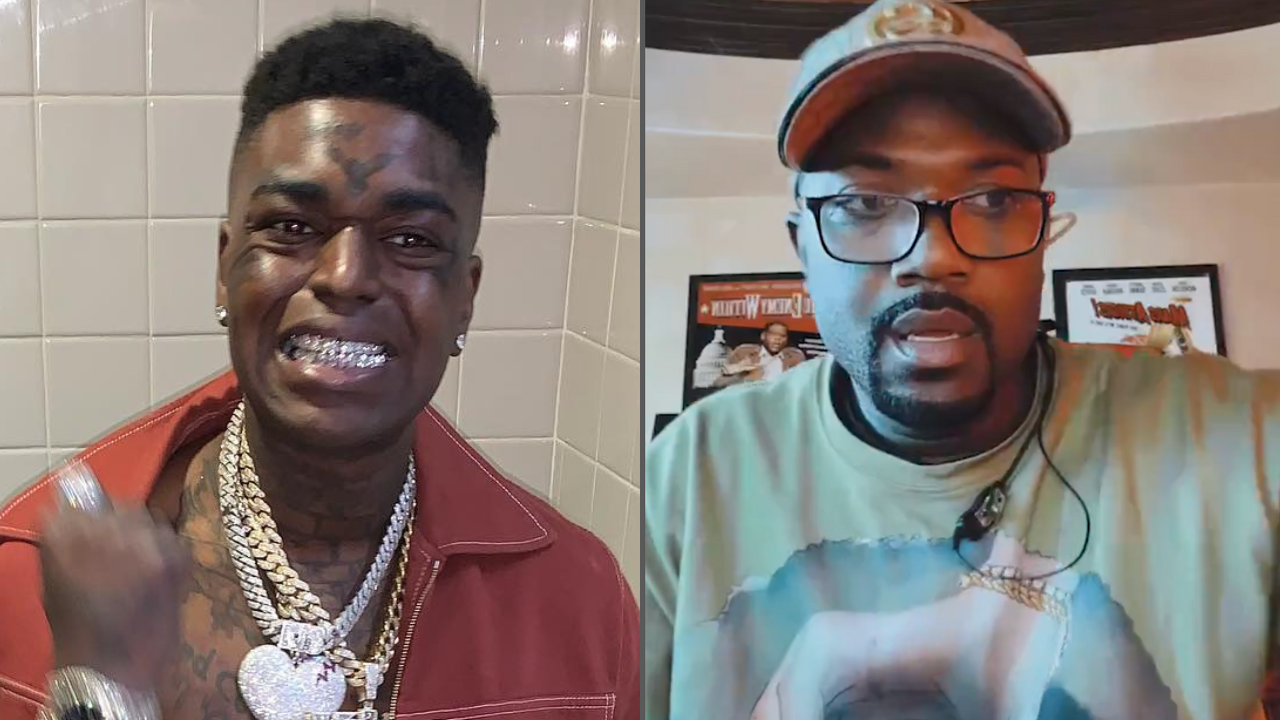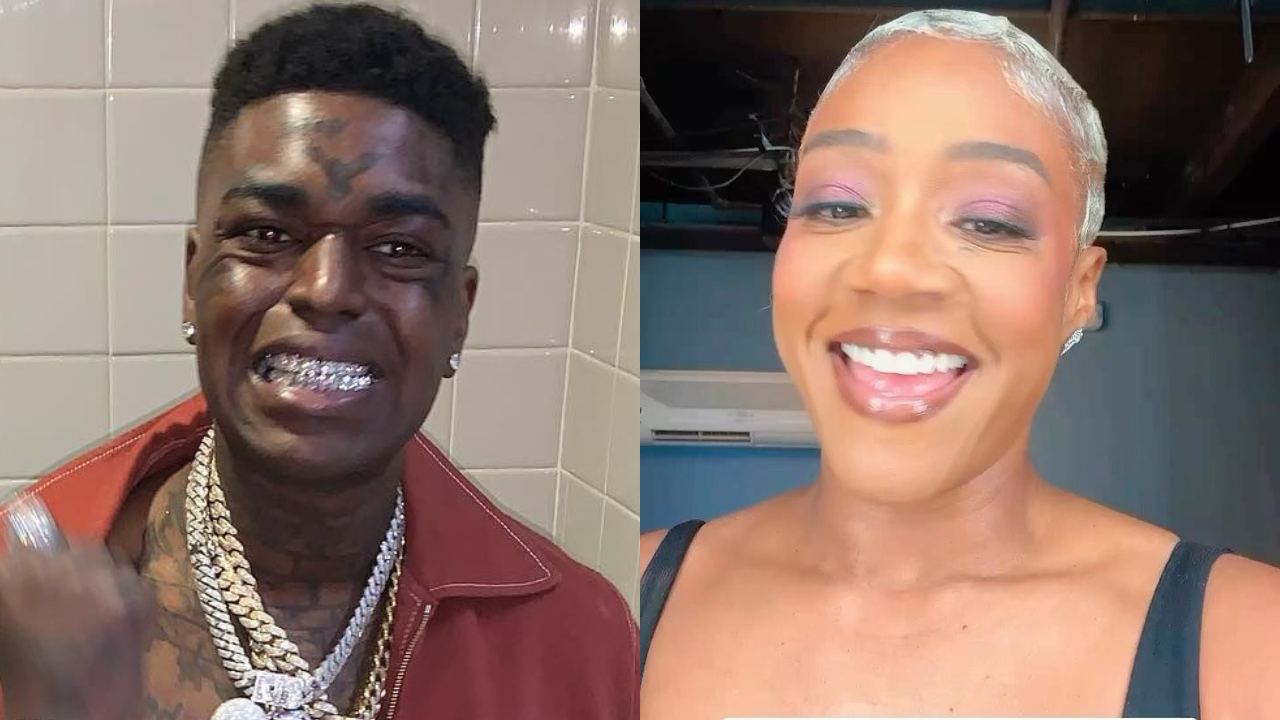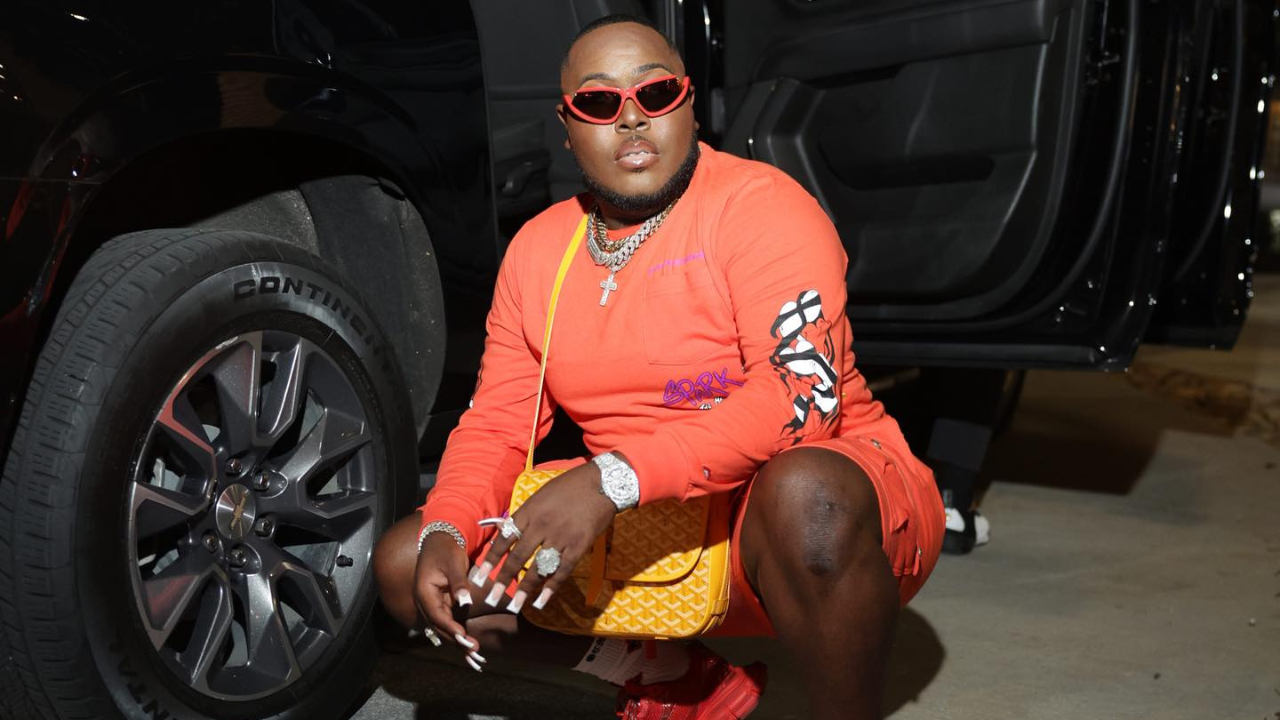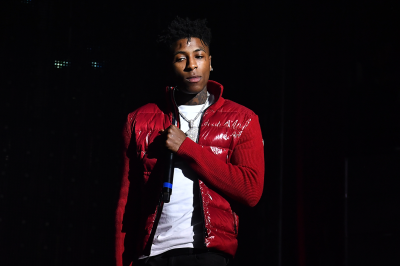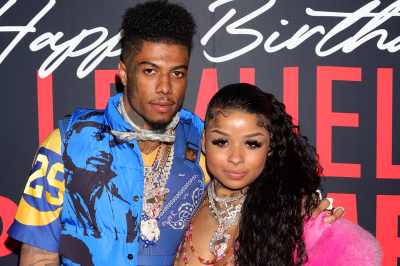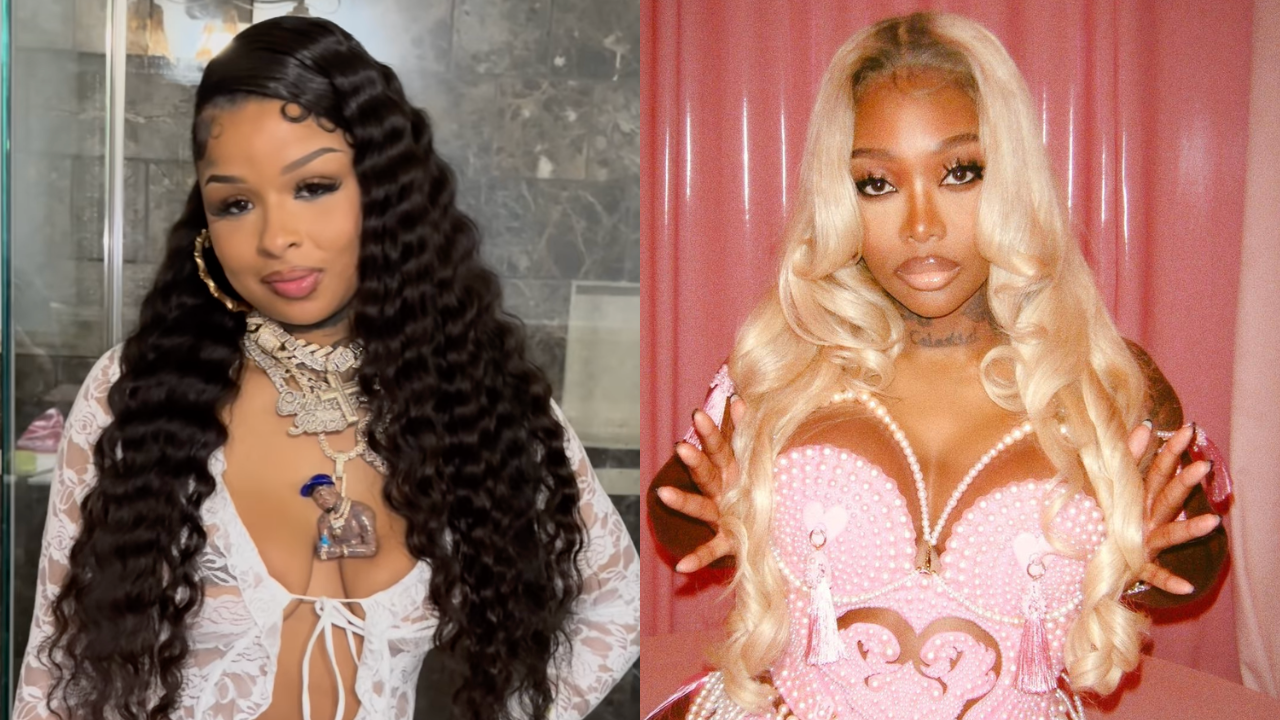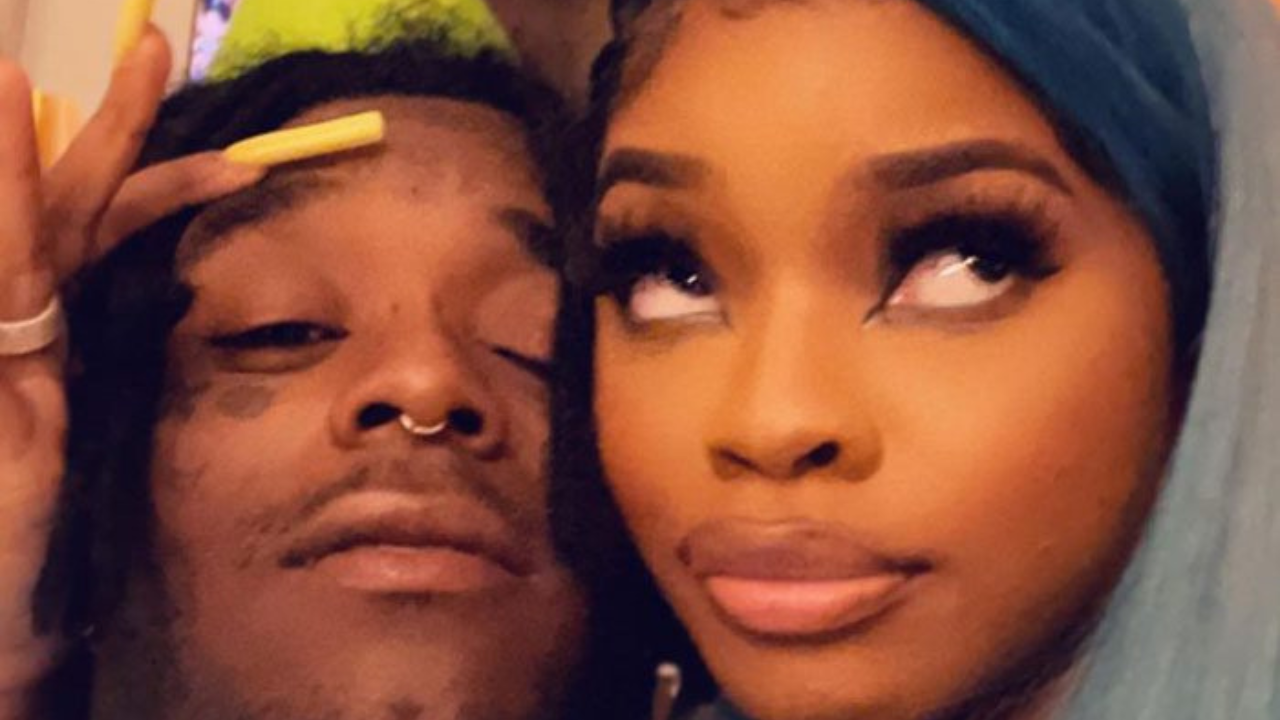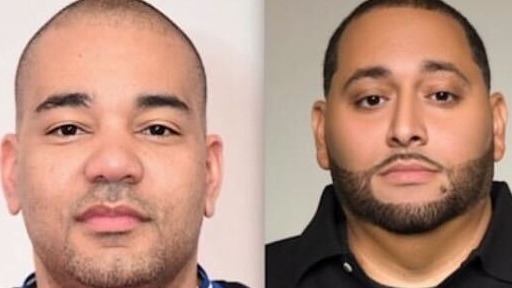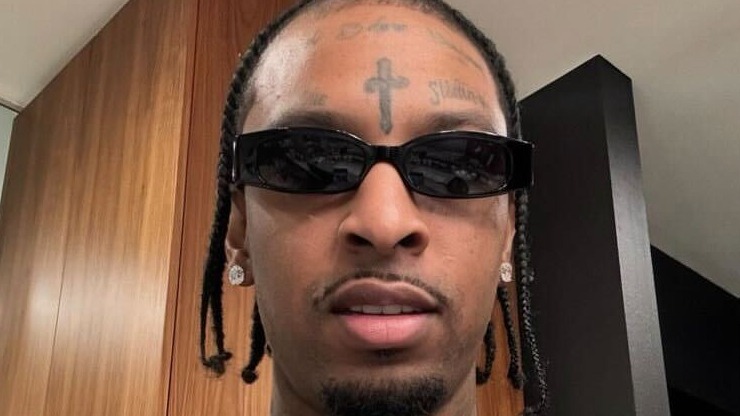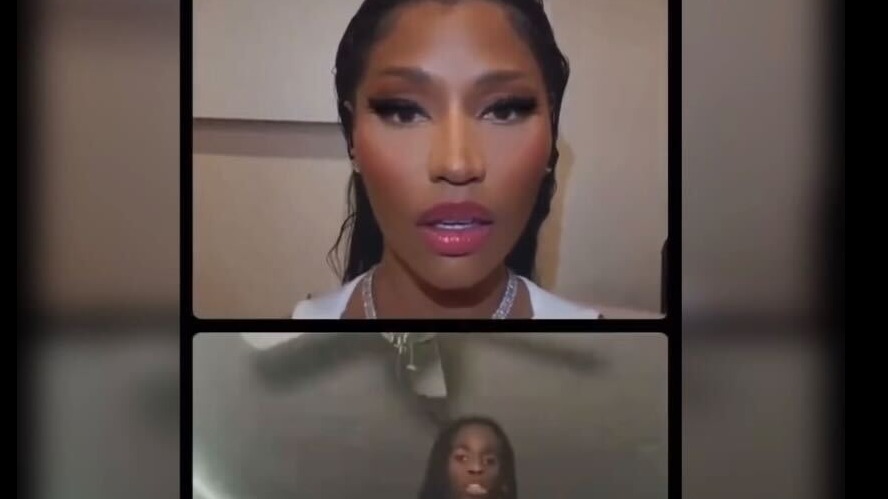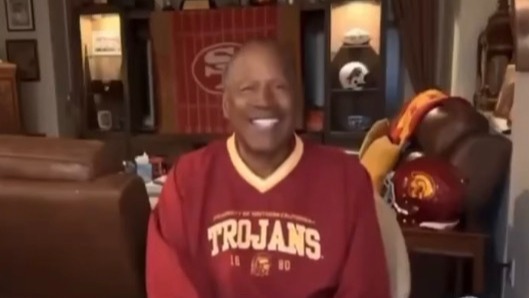Google and Universal Music Group are exploring whether to license artists’ melodies and vocals for AI-generated music, according to the Financial Times.
A recent trend of music produced by artificial intelligence has garnered both backlash and support from both music labels and artists.
“With the right framework in place,” artificial intelligence will be able to “enable fans to pay their heroes the ultimate compliment through a new level of user-driven content,” Warner Music CEO Robert Kyncl said during the company’s hearing call on Tuesday.
Both sides intend to create a tool that will allow the public to construct their own legally licensed deepfakes.
Deepfakes are currently being trained on machine learning systems to imitate the voices of musicians without a license; the phenomena came to light with the April release of “Heart on My Sleeve,” a song made using generated versions of Drake’s and the Weeknd’s voices.
Although record labels are willing to incorporate AI into their companies, artists have been split on the authorization to use their voices for AI-produced songs.
According to Billboard, Drake spoke out against AI-produced music earlier this year after appearing in many deepfakes, saying after one song was published, “This is the Last Straw.”
However, artists such as Grimes said that anyone could produce songs with her voice “without penalty” as long as she received a 50% royalty share.
According to the BBC, mega musician Sting stated that there would be a “battle” between “human capital” and AI, which he stated “doesn’t impress me at all.” Although Warner Music’s CEO is on board for the usage of AI-generated music, other executives have different opinions on the technology.
“An artist’s voice is often the most valuable part of their livelihood and public persona, and stealing it, no matter what the means, is wrong,” Universal Music general counsel Jeffrey Harleston told U.S. senators last month.
In May, Google unveiled an experimental AI tool for creating music that generates a tune based on a text query, while Meta unveiled its own AI tool for making music earlier this month, which is trained on 20,000 hours of licensed music held by Meta.
